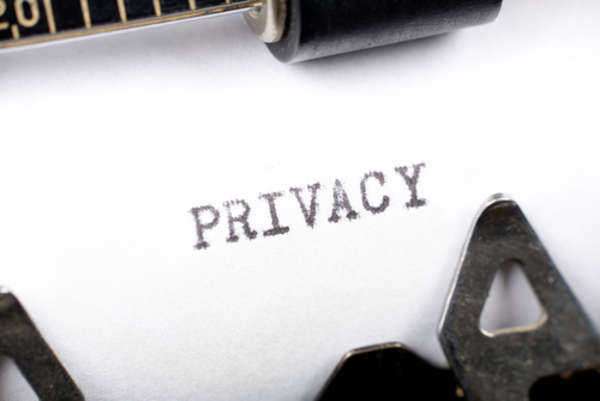Fast Outline on Privacy Laws
Fast Outline on Privacy Laws: A Brief Introduction to Privacy Laws
Privacy laws are designed to protect individuals’ right to privacy and prevent the misuse or unauthorized sharing of personal information. The laws have become more important in the digital age, where personal information can easily be collected and shared without consent. This article provides a fast outline on privacy laws and the different aspects that revolve around privacy laws.
Introduction
In today's society, data is a valuable commodity. Companies often collect vast amounts of personal information, including names, addresses, phone numbers, and financial data. Privacy laws are designed to protect individuals from having their privacy invaded or their personal information exploited without their consent.
Different Laws Governing Privacy
There are various laws that govern privacy, including the following:
1. General Data Protection Regulation (GDPR) - This is an EU regulation that seeks to protect the privacy rights of EU citizens and governs the collection, use, and sharing of personal data.
2. Health Insurance Portability and Accountability Act (HIPAA) - HIPAA is a US law that regulates the handling of personal health information by healthcare providers, insurance companies, and other entities.
3. California Consumer Privacy Act (CCPA) - CCPA is a US law that grants California residents the right to know what personal information is being collected, as well as the right to have that information deleted.

4. Electronic Communications Privacy Act (ECPA) - ECPA is a US law that regulates electronic communication, including emails and text messages.
Why Do We Need Privacy Laws?
Privacy laws play an essential role in protecting individuals’ personal information from being misused or collected without their consent. These laws also help to preserve democratic values, such as freedom of speech and association, by ensuring that individuals are not censored or intimidated for expressing their views. Further, Privacy laws prevent discrimination against individuals based on their personal information.
Conclusion
In conclusion, protecting personal information and privacy rights is essential in today's age of digital information. Privacy laws play a crucial role in protecting individuals from unauthorized use and dissemination of their personal information. GDPR, HIPAA, CCPA, and ECPA are some of the significant privacy laws that govern the collection, use, and sharing of personal information. It is essential for individuals, businesses, and organizations to understand and comply with these laws to ensure their privacy and protect their personal information. Privacy laws are evolving regularly, and it is essential to stay up-to-date on the latest laws and regulations in this area.
Privacy law is the area of the legal code that is concerned with the protection and preservation of an individual's privacy rights. Privacy and the laws that protect it is quickly becoming a hot topic because of advancements in computer technology and the subsequent increase of a corporation or government's ability to obtain private information on an individual. As a result of these advancements, privacy law has been more stringently delivered through both Federal and state forms of government.
The law of privacy, on both the Federal and state level, regulates the type of information which may be collected and how the information is stored and used. In general, the Federal Government is responsible for establishing privacy laws and regulating them based on basic restrictions. The state governments then are awarded the ability to interpret these laws and making any alterations to better protect their particular community or employment market.